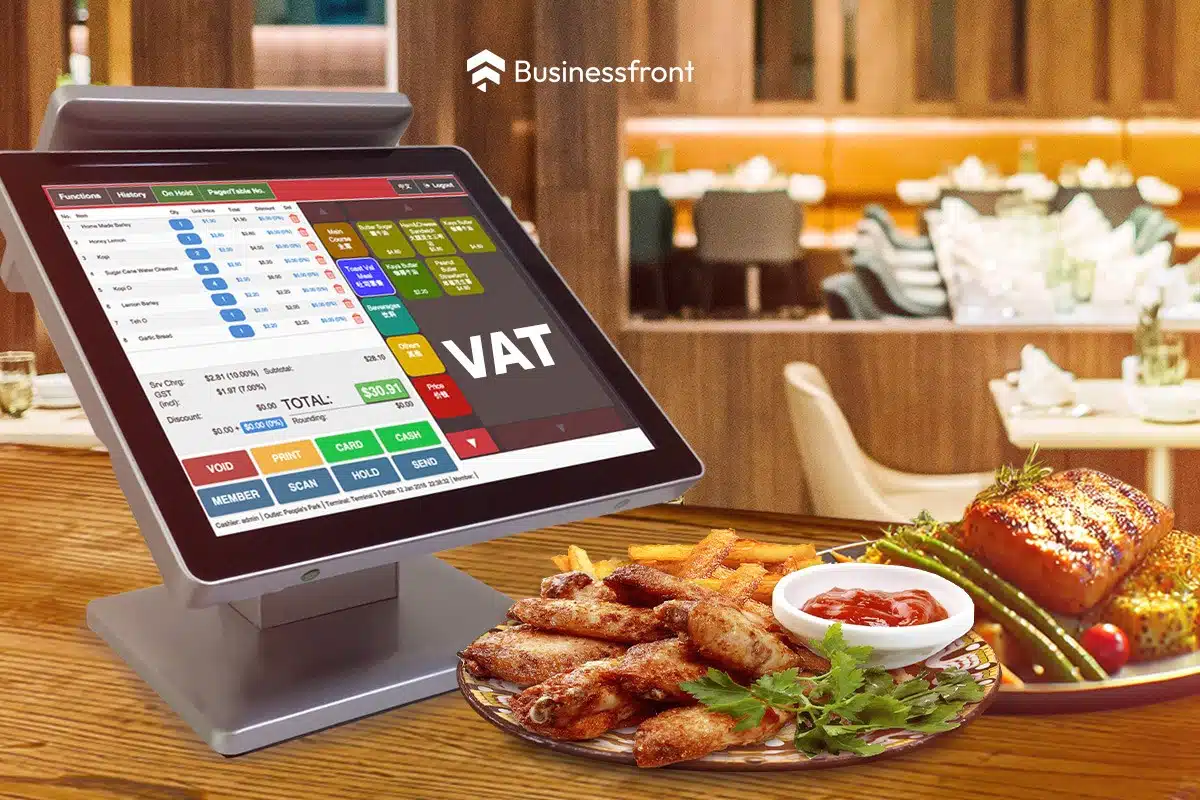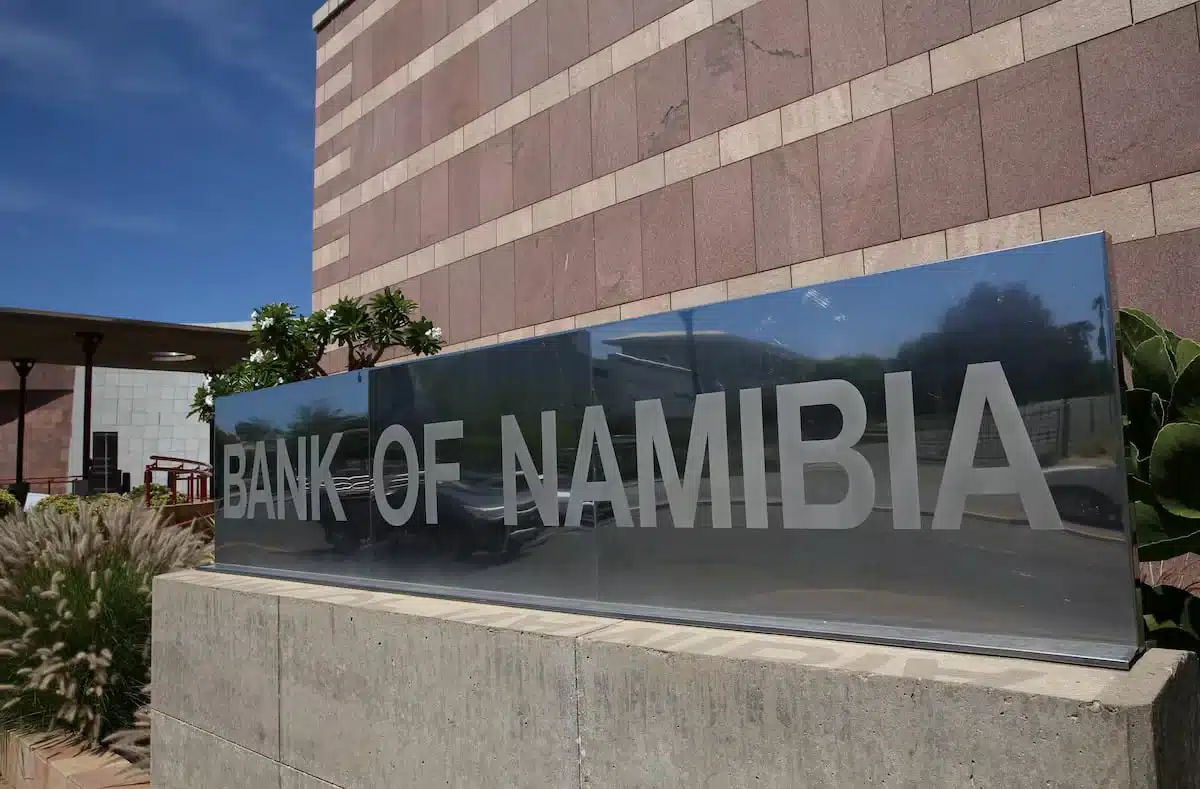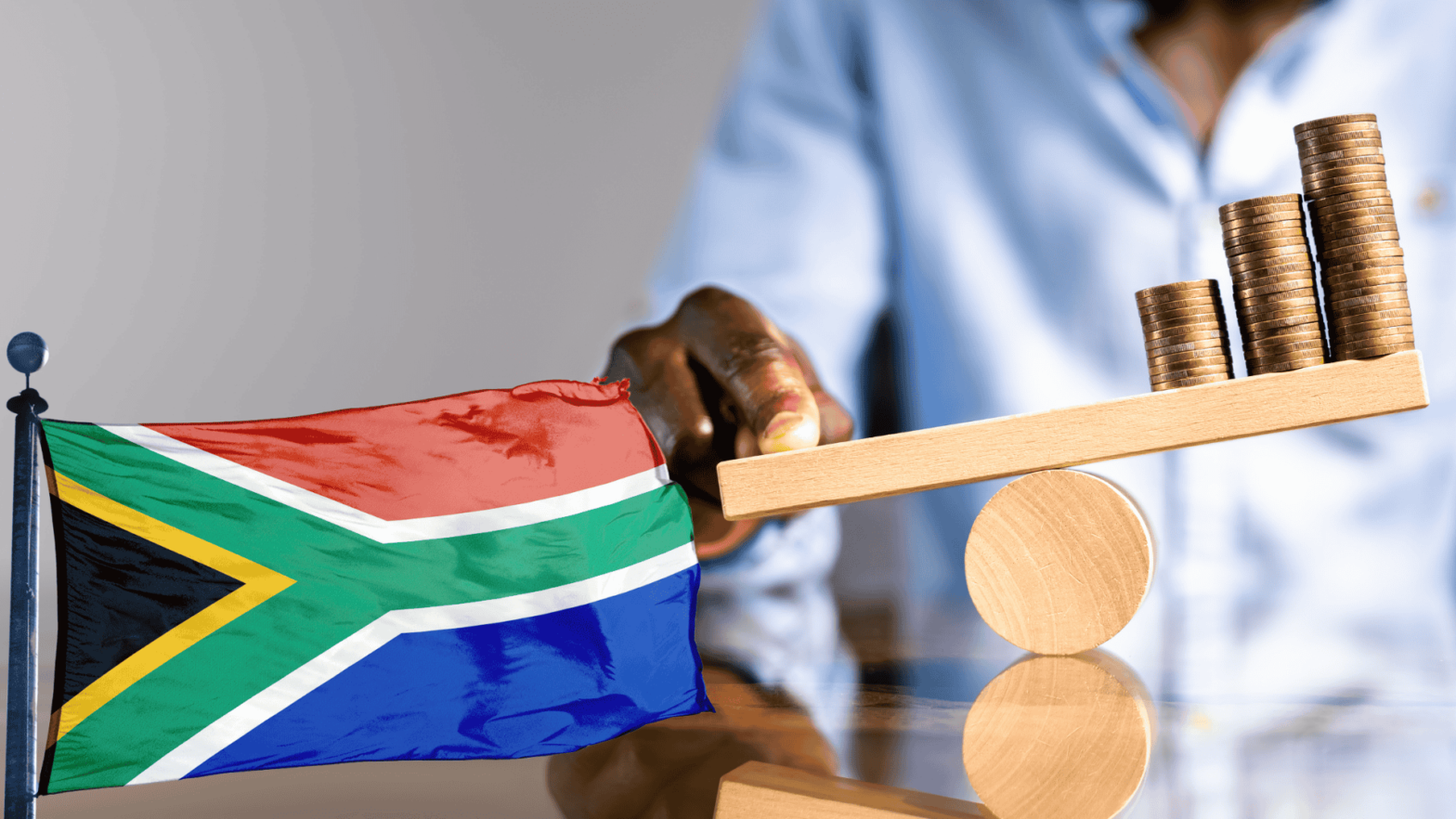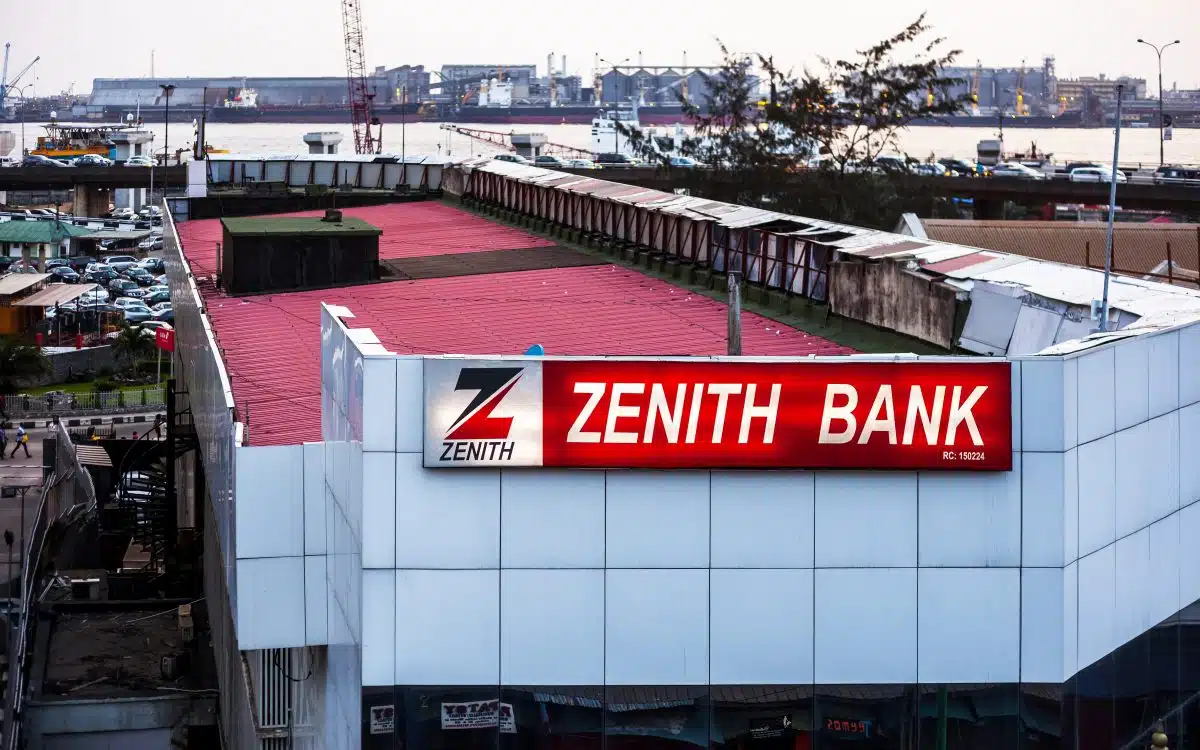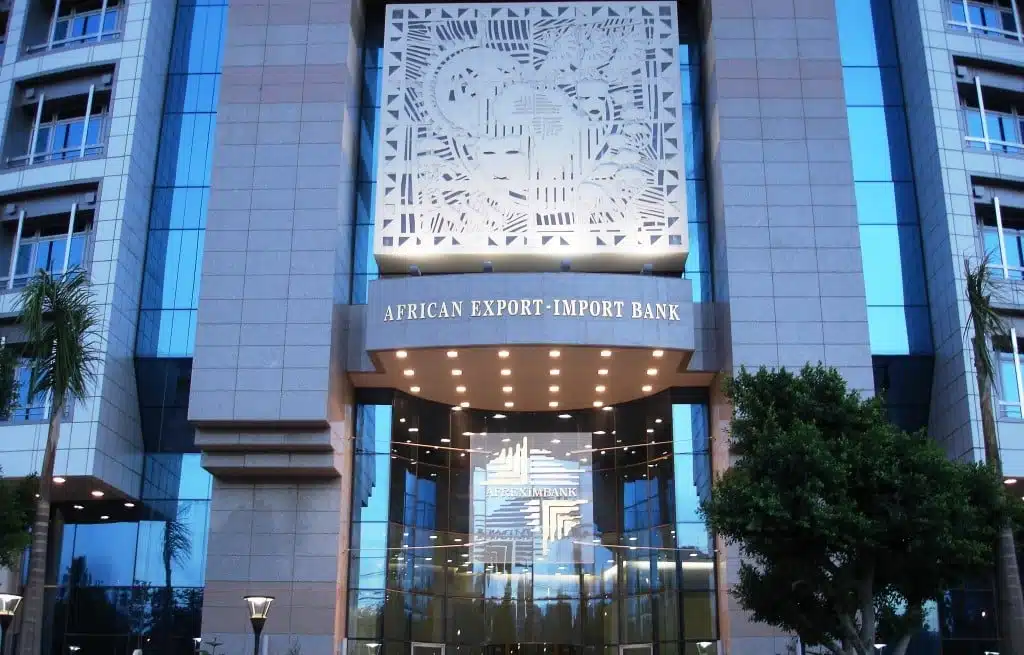In Nigeria, a legal challenge has been launched against the Value Added Tax (VAT) imposed on food sold in restaurants, hotels, and similar establishments. Chief R.O. Balogun, SAN, has taken the matter to the Federal High Court in Ilorin, arguing that the 2020 VAT Modification Order contradicts the VAT Act, which exempts basic food items from taxation.
The VAT Order, signed by former Finance Minister Zainab Ahmed, states that while staple food items are VAT-exempt, meals sold in restaurants and by caterers are not. Balogun insists this distinction is unconstitutional and wants the court to strike it down.
Billions in potential tax revenue at stake
Nigeria’s VAT system is a major revenue source, with collections hitting ₦1.78 trillion ($1.18 billion) in the third quarter of 2024, up from ₦1.56 trillion ($1.03 billion) in the previous quarter.
In the first quarter of 2021 alone, the food and beverage sector alone contribute ($50.97 million), accounting for 2.5% to VAT reve
The hospitality industry in Nigeria, encompassing hotels, restaurants, and event centers, contributed approximately 3.6% to the nation’s Gross Domestic Product (GDP) in 2022.
These establishments currently impose a 7.5% Value Added Tax (VAT) on goods and services, which significantly contributes to the country’s VAT revenue. In 2023, Nigeria’s total VAT collection amounted to ₦3.64 trillion ($2.41 billion), reflecting a 45.02% increase from the ₦2.51 trillion ($1.66 billion) collected in 2022.
If VAT on restaurant food is scrapped, the government stands to lose billions, potentially affecting public services, infrastructure projects, and other budgetary commitments.
Is this a relief or complication for the hospitality sector?
The potential removal of VAT on restaurant food in Nigeria could bring both benefits and challenges for the hospitality sector. For smaller businesses, particularly restaurants, hoteliers, and caterers, this change could lower costs, improve profit margins, and make food more affordable.
With inflation, rising utility bills, and supply chain disruptions already squeezing their operations, small businesses could see a competitive edge, especially if lower food prices encourage more people to dine out.
However, the benefits might not be as clear-cut for larger VAT-registered businesses. Restaurants and hotels typically pay VAT on ingredients, equipment, and utilities, which they then pass on to customers in their food prices. Without the ability to charge VAT on meals, these businesses may struggle to recover the VAT they’ve already paid on inputs, leading to higher operational costs.
Larger establishments might face a dilemma: either absorb these costs, impacting their profit margins, or raise prices elsewhere, potentially negating any savings from VAT-free food.
The UK faced a similar situation during the COVID-19 pandemic when VAT on food was temporarily reduced from 20% to 5%. The goal was to stimulate the economy by lowering menu prices and attracting more customers. In the short term, this did lead to increased sales, but many businesses still faced financial strain.
A report showed that despite a 9.4% growth in foodservice sector sales in the first quarter of 2021, rising costs for labor and ingredients meant the savings didn’t always make a significant difference. Some businesses even struggled with the logistics of applying the tax cut, further complicating the process.
Additionally, the government looking to make up for lost revenue, might shift its tax focus elsewhere. Hospitality businesses could see increased VAT on hotel stays, event hosting, and other services, potentially offsetting any gains from VAT-free food sales.
The EFCC’s role sparks controversies
Beyond the tax debate, the case has raised questions about the role of the Economic and Financial Crimes Commission (EFCC) in tax enforcement. Balogun’s client, Ibigbemi Oloruntobi, owner of Item 7 Go, was summoned by the EFCC, which demanded banking records under the guise of a money laundering investigation.
However, tax compliance and enforcement fall under the jurisdiction of the Federal Inland Revenue Service (FIRS), not the EFCC. The FIRS Act and the VAT Act grant FIRS the sole authority to investigate and enforce tax matters, including VAT collection. The EFCC’s primary mandate covers financial crimes such as fraud, embezzlement, and money laundering, not routine tax compliance.
Balogun argues that failure to collect VAT is not a criminal offense unless it involves tax evasion linked to fraud or illicit financial activity. If the court rules in his favor, it could set a precedent limiting the EFCC’s ability to interfere in tax-related matters.
If the EFCC is investigating Item 7 Go purely for not collecting VAT, it may be overstepping its authority. However, if the case involves alleged tax fraud tied to money laundering, the EFCC might have legal grounds to intervene. The court’s ruling will be critical in defining the limits of the EFCC’s powers concerning tax enforcement.
The case comes at a time when the government is reviewing tax policies, including potential exemptions to ease the financial burden on Nigerians. If the court strikes down VAT on restaurant food, it could lead to broader reforms in tax enforcement and revenue generation strategies.
The hearing is set for March 3, 2025. With billions of naira, business operations, and tax enforcement authority on the line, the outcome of this case could have far-reaching implications for Nigeria’s economy.

